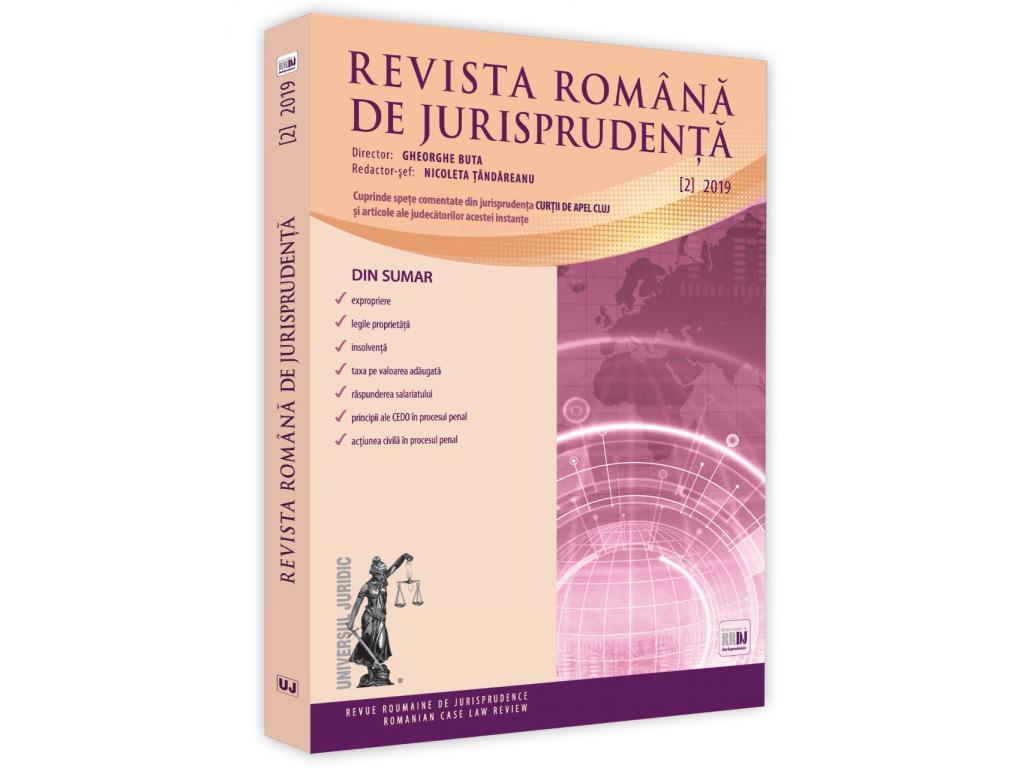The right to freedom of expression versus the right to dignity and own image
DREPT CIVIL ŞI DREPT PROCESUAL CIVIL
Abstract
The exercise of the freedom of expression carries duties and responsibilities, the scope of which depends on the situation and the technical means used (Stoll c. Switzerland). The guarantee provided by Article 10 of the Journalists Convention is subject to the condition that those concerned act in good faith, so as to provide accurate and reliable information in compliance with the journalistic deontology. Despite the need to protect journalistic sources, there is an obligation for journalists to provide a solid factual basis for litigious allegations and that does not require disclosure of the name of the persons who provided the information they relied on in writing their articles (Cumpănă and Mazăre vs. Romania). The freedom of expression, as established in Art. 10 of the Convention, is one of the essential foundations of a democratic society, but the exercise of this freedom must not be abusive and discretionary, but must be exercised in good faith, and must be subject to formalities of good intentions, so as not to exceed the requirement of “necessity in a democratic society”. It is true that, in the case of so-called “public” persons, the freedom of expression must have a wider margin of appreciation, but it is no less true that the guarantee provided by Article 10 of the Journalists Convention is subject to the condition that those concerned act in good faith, so as to provide accurate and reliable information in compliance with the journalistic deontology (Radio France and others vs. France; Colombani and other vs. France; Bladet Tromsø and Stensaas vs. Norway; Cumpănă and Mazăre vs. Romania; Stângu and Scutelnicu vs. Romania).








